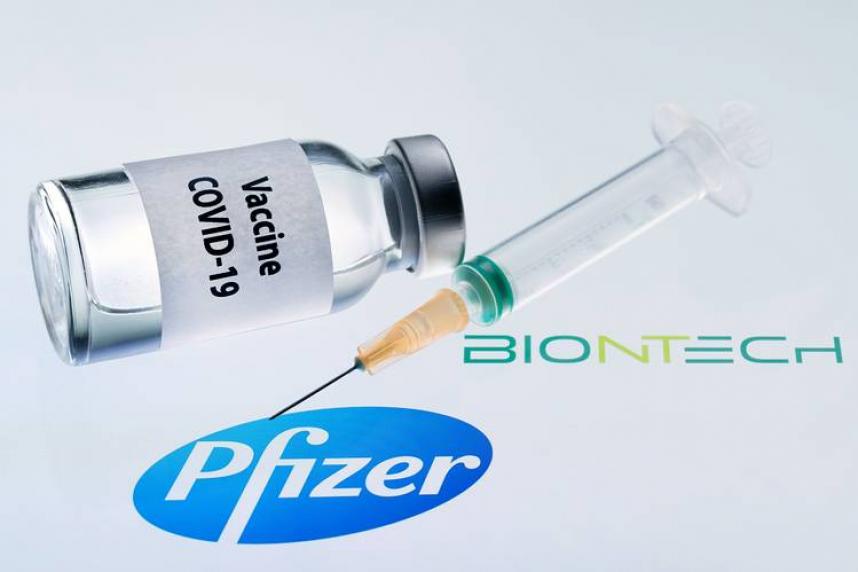
Pfizer Inc and BioNTech’s COVID-19 vaccine is around 91% effective at preventing the disease, they said on Thursday, citing updated trial data that included participants inoculated for up to six months.
The shot was also 100% effective in preventing illness among trial participants in South Africa, where a new variant called B1351 is dominant, though the number of those participants was relatively small at 800.
While the new overall efficacy rate of 91.3% is lower than the 95% originally reported in November for its 44,000-person trial, a number of variants have become more prevalent around the world since then.
Pfizer Chief Executive, Albert Bourla, said the updated results, which include data on more than 12,000 people fully inoculated for at least six months, positions the drugmakers to submit for full U.S. regulatory approval.
The vaccine is currently authorized on an emergency basis by the U.S. Food and Drug Administration (FDA).
The vaccine was 100% effective in preventing severe disease as defined by the U.S. Centers for Disease Control and Prevention and 95.3% effective in preventing severe disease as defined by the U.S. Food and Drug Administration.
There were also no serious safety concerns observed in trial participants up to six months after the second dose, the companies said.
The trial reviewed more than 900 confirmed cases of COVID-19, most of which were among participants who received a placebo.
The release of updated results comes on the heels of separate data that showed the vaccine is safe and effective in 12 to 15-year-olds, paving the way for the drugmakers to seek U.S. and European approval to use the shot in this age group within weeks.